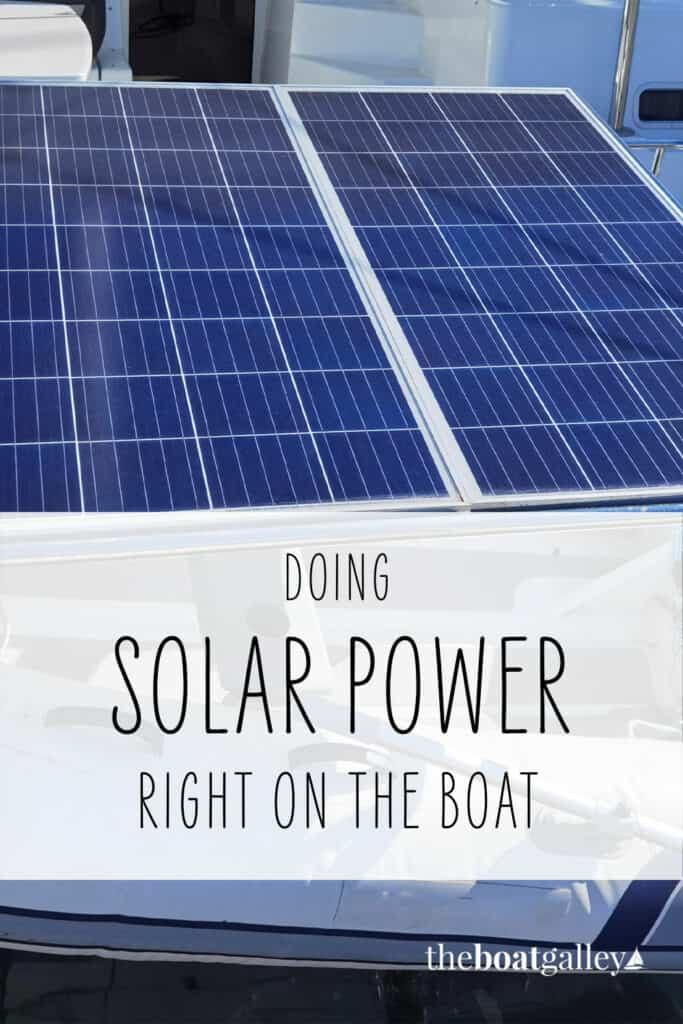
Recently I’ve gotten questions about “solar generators” and their suitability for boats, so let’s talk.
Goal Zero (Amazon) is a popular brand, but there are many, many, many others being sold.
Basically, there are three components to one of these:
- Solar panel
- Charge controller (generally built-in, so you don’t see it)
- Lithium battery(s)
- Inverter
The solar panel produces electricity from the sun, the charge controller modifies it to the correct voltage for the batteries, the battery stores the power, and the inverter lets you plug various devices in.
While they would technically work on a boat, they’re expensive and simply not designed for a boat’s power requirements.
A much better option is to permanently mount solar panels on your boat and wire them to your battery bank through the appropriate charge controller(s). If you want to power 110 volt devices, run an inverter off your batteries. It will cost much less, the solar panels will be out of the way and better protected with a permanent installation, and you’ll have far more flexibility in how you can use the power.
Power management is critically important on a boat. Over and over, I see boats with too little power quickly becoming disillusioned with the lifestyle. Having enough power for your refrigerator, laptops and other electronics, internet, fans, lights, perhaps a freezer, and whatever else appeals to you is critical if you’re staying on a boat more than just a day or two. Read more.
Boaters can use a variety of methods to generate power: solar, wind, alternator, conventional (gas or diesel) generators, and even towing generators. Advances in all of these – plus battery technology and lower-draw devices – make it much easier to have plenty of power than when we began cruising in 2002. And it’s constantly evolving.
However you do it, make sure that you have enough power to make this lifestyle enjoyable and therefore sustainable.

Carolyn Shearlock has lived aboard full-time for 17 years, splitting her time between a Tayana 37 monohull and a Gemini 105 catamaran. She’s cruised over 14,000 miles, from Pacific Mexico and Central America to Florida and the Bahamas, gaining firsthand experience with the joys and challenges of life on the water.
Through The Boat Galley, Carolyn has helped thousands of people explore, prepare for, and enjoy life afloat. She shares her expertise as an instructor at Cruisers University, in leading boating publications, and through her bestselling book, The Boat Galley Cookbook. She is passionate about helping others embark on their liveaboard journey—making life on the water simpler, safer, and more enjoyable.
Here’s your “Quick Start” to everything you need to know when living on a boat:
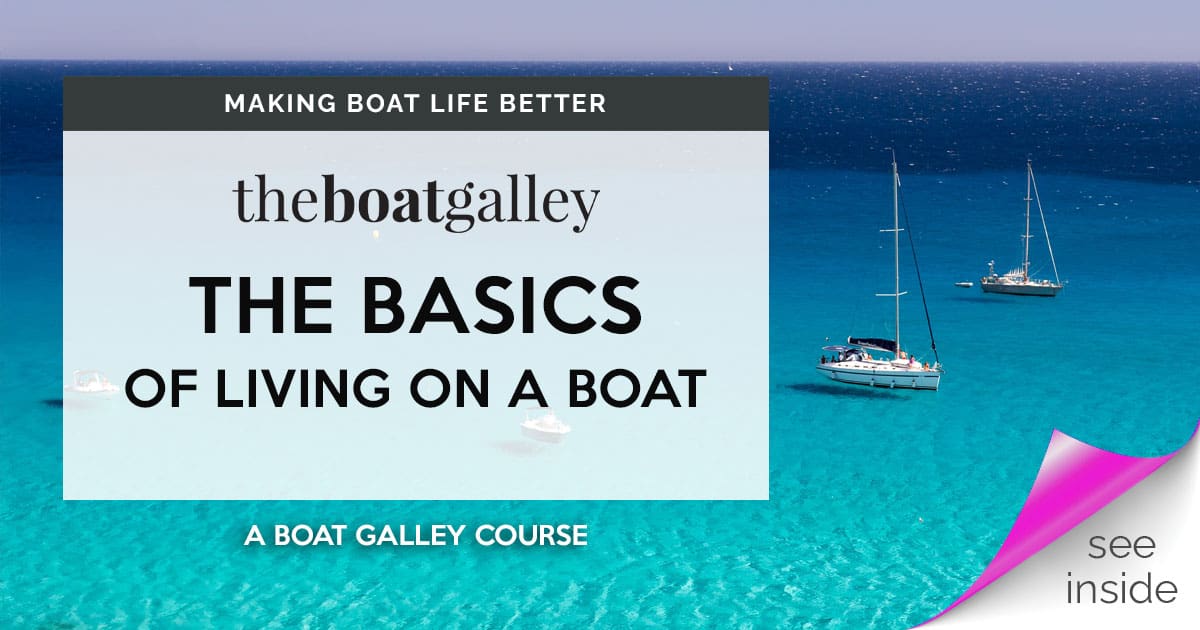

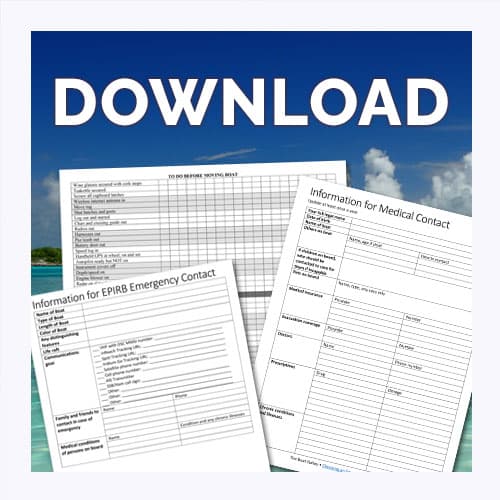





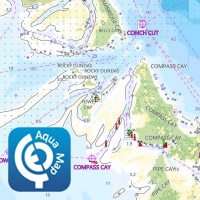
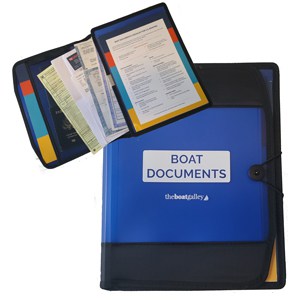

Mathieu says
Let’s think about those lithium batteries. The websites for these “generators” never mention the chemistry of these batteries. I would only trust LiFePO4 on a boat. Other chemistry are less costly and have a higher energy density. They are also much more prone to fires.
Let that sink in a bit before you bring one on board.